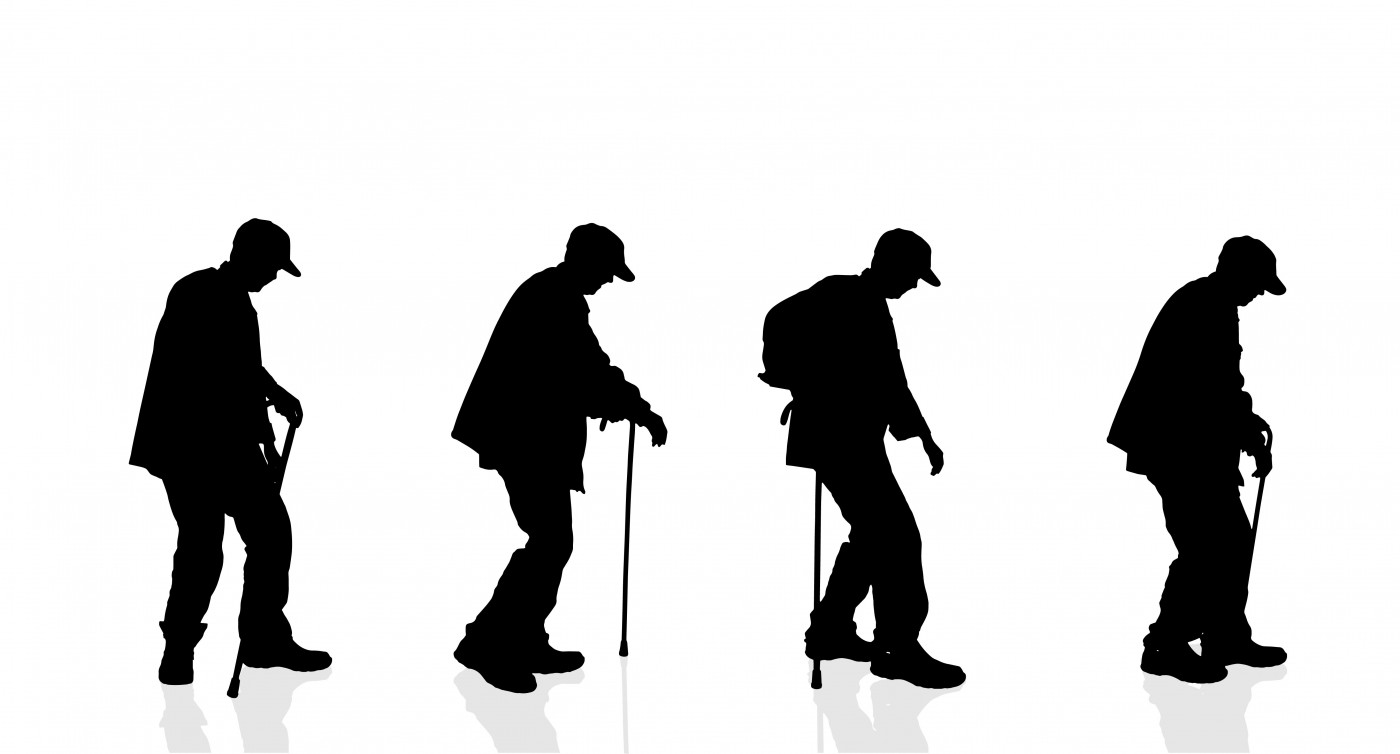Findings from a recent study published in the International Journal of Clinical and Experimental Medicine suggest that an antidepression medication should be included in the treatment of elderly patients with benign prostatic hyperplasia (BPH).
BPH is one of the most common disorders in aging men, affecting roughly 917 million men worldwide. Its symptoms include frequent urination, urgency, and urinary incontinence; additionally, BPH can be complicated by urinary tract infections and hematuresis. Experiencing such symptoms and complications for long periods of time can easily make an elderly patient feel depressed and pessimistic, with evidence showing that BPH is often accompanied by clinical depression that can place a significant burden on a patient’s quality of life.
In a multicenter, randomized, parallel-group clinical study, Yun Li from the Department of Geriatrics, Xuan Wu Hospital, Capital Medical University in Beijing, China, and colleagues, explored the influence of an antidepression medication on symptom scores and quality of life in elderly patients with benign prostatic hyperplasia accompanied by depression.
A total of 94 elderly male BPH patients suffering from depression were included (mean age 70.20 ± 8.70 years) recruited from Xuan Wu Hospital and Beijing Boai Hospital between 2008 and 2012. Patients were randomly assigned to two study groups: a control group (n = 47) that received traditional treatment with capsules of finasteride (5 mg, qd) and tetracycline hydrochloride tablets (2 mg, qn), or a case group of patients (n = 47) that received conventional medical treatment for BPH supplemented with a drug used to treat depression, citalopram (20 mg, qd). Patients in both groups were followed for three months.
At baseline and at follow-up, researchers compared the changes among patients in the two groups using their respective Inernational Prostate Symptom Score (IPSS), Depression Rating Scale (HAM-D) scores and scores on the Quality of Life (Short Form 36 Health Survey). Following treatment, the results revealed that patients’ IPSS symptom scores in the therapy group were significantly lower than those in the control group. The results also revealed that each measured dimension of quality of life (QoL) was significantly higher in the therapy group.
“Our present study found that addition of an antidepression medication to standard BPH therapy can reduce clinical symptoms and improve the QoL for elderly patients with BPH accompanied by depression. Our findings contribute to a growing body of knowledge on how to improve the QoL for elderly patients,” the researchers wrote in their study, adding that a second study with longer follow-up and a wider patient pool is warranted.

